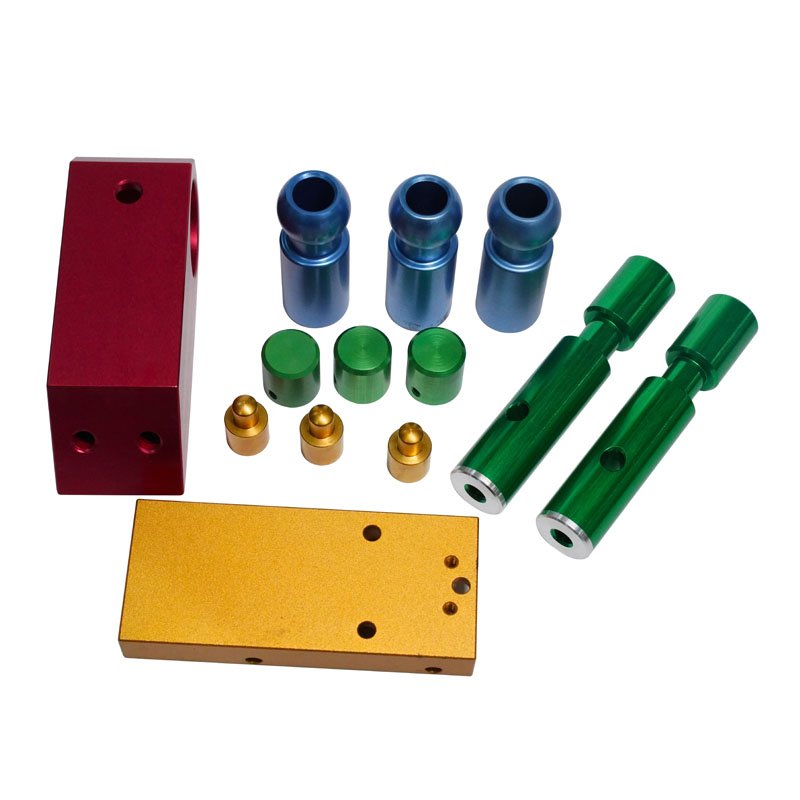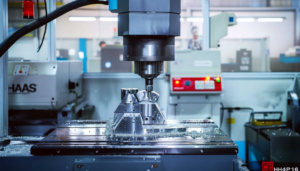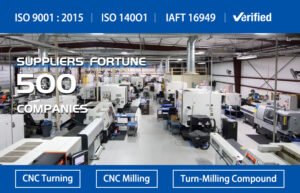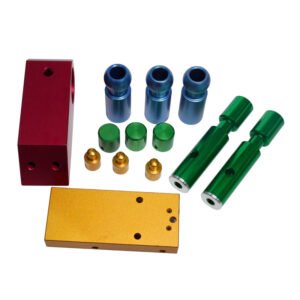In today’s fast-paced market, companies need to innovate quickly and efficiently. Traditional manufacturing methods often fall short when it comes to producing small quantities of products quickly and cost-effectively. This is where low-volume manufacturing services come into play, offering a solution that bridges the gap between prototyping and full-scale production.
What is Low-Volume Manufacturing?
Low-volume manufacturing refers to the production of a relatively small number of units, typically ranging from a few dozen to a few thousand. This service is ideal for startups, custom product manufacturers, and companies looking to test the market with new products before committing to large-scale production.
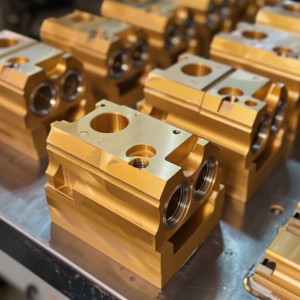
Advantages of Low-Volume Manufacturing
- Cost-Effective Production: Low-volume manufacturing eliminates the high costs associated with large-scale production. It allows businesses to produce smaller batches without the financial burden of large inventory investments.
- Faster Time to Market: By producing smaller quantities, companies can significantly reduce their time to market. This agility is crucial in industries where trends and consumer preferences change rapidly.
- Flexibility in Design: Low-volume manufacturing offers greater flexibility in design modifications. Companies can iterate and refine their products based on real-world feedback without the constraints of large production runs.
- Reduced Risk: Investing in large-scale production for a new product is risky. Low-volume manufacturing mitigates this risk by allowing companies to test products in the market and make necessary adjustments before scaling up.
- Customization: This service is perfect for producing customized products tailored to specific customer needs. Whether it’s a unique design or a special feature, low-volume manufacturing can accommodate various customizations.
Applications of Low-Volume Manufacturing
Low-volume manufacturing is versatile and can be applied across various industries, including:
- Consumer Electronics: Perfect for producing small batches of electronic devices, allowing for quick updates and improvements.
- Medical Devices: Enables the production of medical equipment and devices in small quantities for clinical trials and testing.
- Automotive: Ideal for producing custom automotive parts and components.
- Aerospace: Supports the production of specialized aerospace components and prototypes.
- Industrial Equipment: Facilitates the creation of customized industrial machinery and tools.
Choosing the Right Low-Volume Manufacturing Partner
When selecting a low-volume manufacturing partner, consider the following factors:
- Expertise and Experience: Choose a provider with a proven track record in low-volume manufacturing. Look for case studies and client testimonials.
- Technology and Equipment: Ensure the partner uses advanced manufacturing technologies and equipment to guarantee high-quality production.
- Quality Control: Quality assurance processes are critical in low-volume manufacturing. Verify that your partner has stringent quality control measures in place.
- Customization Capabilities: Your manufacturing partner should offer flexibility in design and customization to meet your specific requirements.
- Cost Efficiency: Compare pricing structures to ensure you get the best value for your investment without compromising on quality.
Low-volume manufacturing service is a game-changer for businesses looking to innovate quickly and cost-effectively. By choosing the right manufacturing partner, companies can enjoy the benefits of reduced risk, faster time to market, and the flexibility to adapt to changing market demands. Embrace the advantages of low-volume manufacturing and position your business for success in a competitive market.

